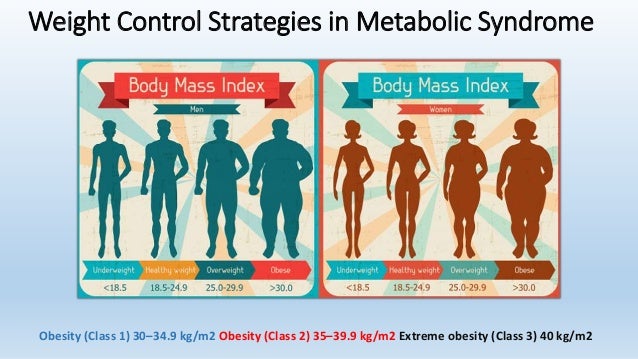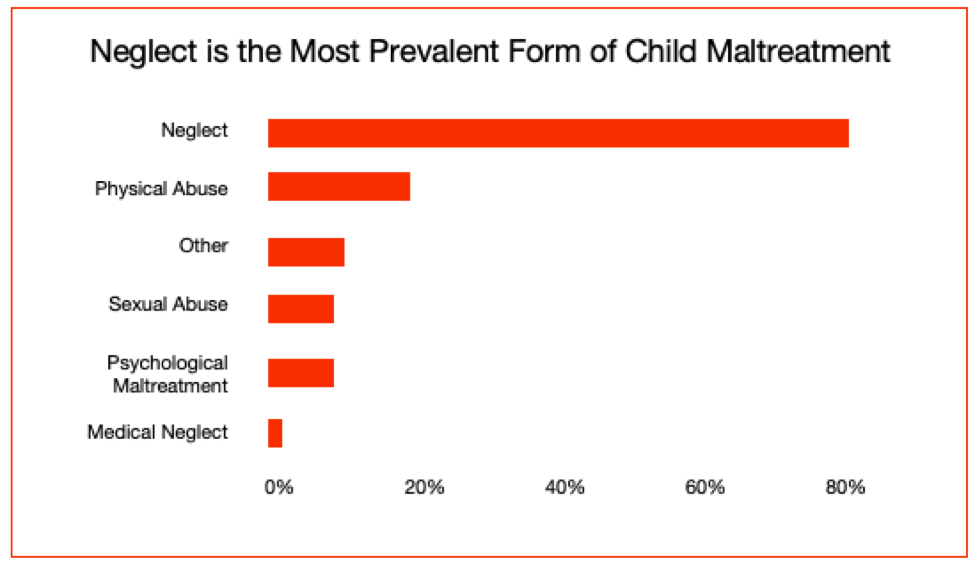Obesity Class 3 Information. BMI of 35 to 40.
E660 Obesity due to excess calories E6601 Severe obesity due to excess calories.

Class 3 severe obesity. E661 Drug-induced obesity E662 Severe obesity with alveolar hypoventilation E663 Overweight E668 Other obesity E669 Obesity unspecified Obesity codes that should be avoided. BMI of 35 to 40. There was a stepwise relationship between time spent gaming and class 3 severe obesity with 28 of those playing 2 to 48 of those playing 4 to.
Class I obesity to contrast with class II and class III more severe forms of obesity by using CDC criteria which define overweight as age- and sex-specific BMI 85th percentile and class I obesity as BMI 95th percentile14 We defined class II and class III obesity. Obesity Class Men 102 cm 40 in or less Women 88 cm 35 in or less Men 102 cm 40 in Women 88 cm 35 in Underweight 185 - - Normal. Obesity class III is frequently associated with.
Class 3 obesity also known as morbid extreme or severe obesity. Class 1 obesity. Breathing becomes difficult because the lung dimensions are reduced and the chest wall is incredibly weighty.
We defined overweight and obesity hereby referred to as class I obesity to contrast with class II and class III more severe forms of obesity by using CDC criteria which define overweight as age- and sex-specific BMI 85th percentile and class I obesity as BMI 95th percentile. Indeed you may have already been suffering from a weight-related condition. Ad Search For Relevant Info Results.
BMI of 40 or higher. 250299 Increased High Obesity. Get Results from multiple Engines.
185249 - - Overweight. 300349 I High Very High 350399 II Very High Very High. Class I Class II and Class III.
Class 3 obesity is sometimes categorized as morbid extreme or severe obesity. However our results corresponded to a general consensus that obese class III. E6601 Morbid severe obesity due to excess calories.
Ad Search For Relevant Info Results. BMI is over 40 Obese Class 3. If your BMI is 300 or higher it falls within the obesity range.
Research data show that mechanical and metabolic factors favor the effects of obesity class III upon various joints. Studies have shown that class III obesity is associated with increased risks of superficial wound 8 9 26 29 37 38 39 deep sternal wound 8 9 26 29 37 38 39 and harvest site 29 38 infections. The increased risk of infection in patients with class III obesity has been reported previously.
14 We defined class II and class III obesity to be consistent with previous reports 6 12 15 with class II obesity. Obesity is frequently subdivided into categories. Our data did not allow us to distinguish specific sites of infection.
HCC 22 is titled Morbid Obesity and it is specific to morbid obesity The category includes the following codes. Morbid Obesity With a BMI of 40 you have an extremely high risk of weight-related disease and premature death. We have previously reported that between 1980 and 2000 the prevalence of obesity all classes increased from 106 to 172 in men and 88 to 193 in women aged 2565 in Australia 2.
Class 3 obesity is sometimes categorized as extreme or severe obesity. However compared to overweight individuals those with severe class 3 obesity were more socioeconomically disadvantaged and had triple the risk for incident heart failure or all-cause or. BMI of 40 or higher.
BMI of 30 to 35. Obesity class III bears high risk for osteoarthritis particularly of the knee joint. Severe obesity is defined as class-II or class-III obesity.
BMI of 30 to 35. Obesity class III provokes substantial respiratory disorders. Class 3 or severe BMI of 40 or above Youll often see these classes described using roman numerals ie.
For the sake of your health it is very important to see your doctor and get specialists help for. Get Results from multiple Engines.












